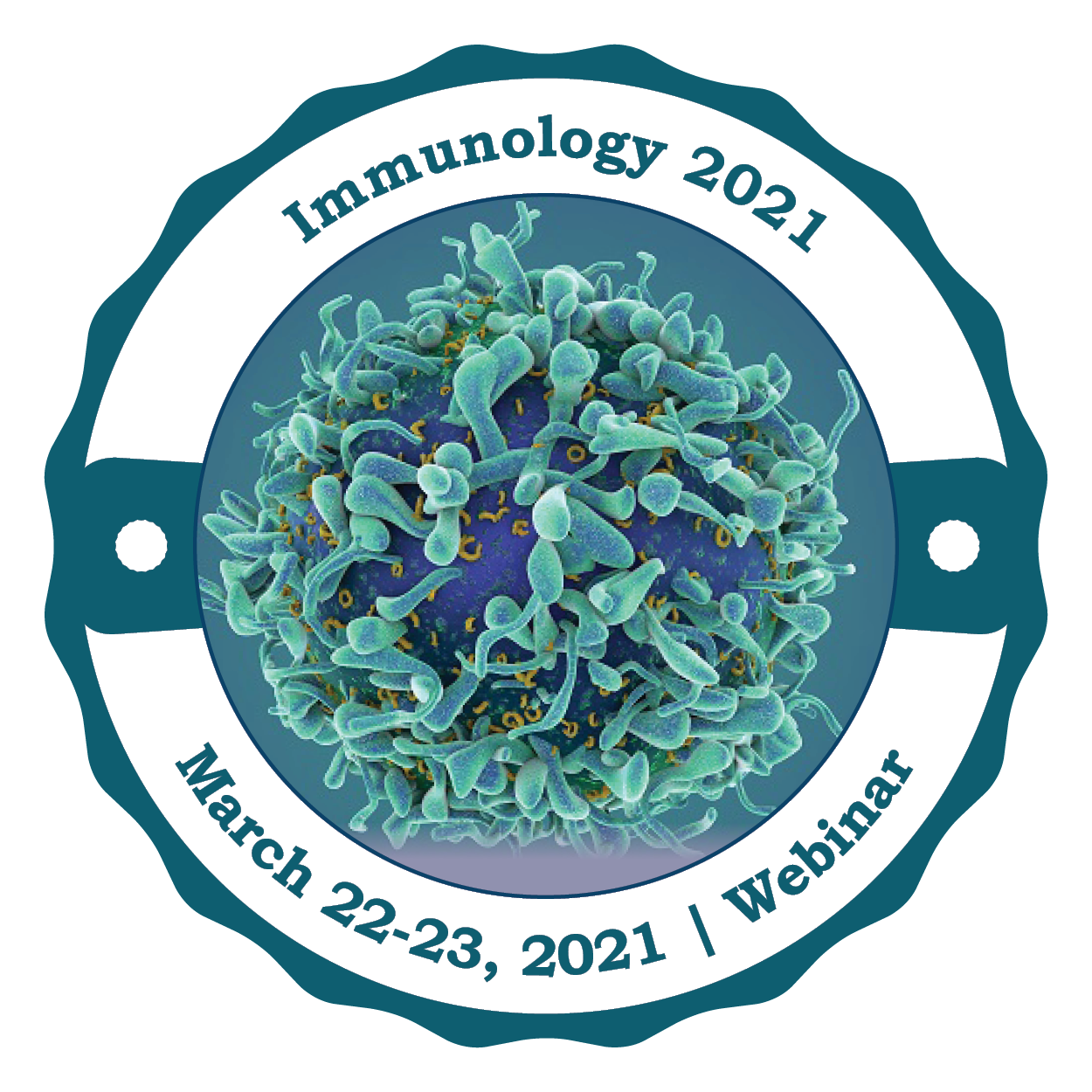
Mohammad Afzal Khan
King Faisal Specialist Hospital and Research Centre, Saudi Arabia
Title: IL-10 mediated immunotherapy augments TSG-6 expression and prevents epithelial injury in mouse airway allografts
Biography
Biography: Mohammad Afzal Khan
Abstract
Introduction: Regulatory T cells (CD4+ Tregs) play a crucial role in the maintenance of immunotolerance to alloantigens, which is accompanied by the removal of alloreactive T effector cells (Teffs), or by polarizing Teffs-Tregs ratio in favor of Tregs to suppress alloimmune inflammation and rescue allograft from microvascular associated injuries and progression of fibrosis during transplantation. Inflammation-induced and microvascular associated airway epithelial injuries are the key pathological source of graft malfunctioning and subepithelial fibrosis, which play a major role in the progression of chronic rejection. The present study was designed to investigate the therapeutic impact of Interleukin-10 (IL-10) on immunotolerance, in particular, the reparative microenvironment, which negate airway epithelial injury, and fibrosis during graft rejection.
Methods: Here, we depleted and reconstituted IL-10, and serially monitored the phase of immunotolerance, graft microvasculature, proinflammatory cytokines, airway epithelium, and subepithelial collagen in rejecting airway transplants.
Results: We demonstrated that the IL-10 depletion suppresses Tregs, Tumor necrosis factor-inducible gene 6 (TSG-6) protein, graft microvasculature, and establishes a pro-inflammatory phase, which favors airway epithelial injury and subepithelial collagen deposition while the IL-10 reconstitution induces Tregs, TSG-6 expression, graft microvasculature, and establishes an immunotolerance phase, which favors airway epithelial repair and subepithelial collagen suppression.
Conclusions: Collectively, these findings establish a potential reparative modulation of IL-10 associated immunotolerance on microvascular, epithelial, and fibrotic remodeling, which could provide a vital therapeutic option to rescue rejecting transplants in clinical settings.

